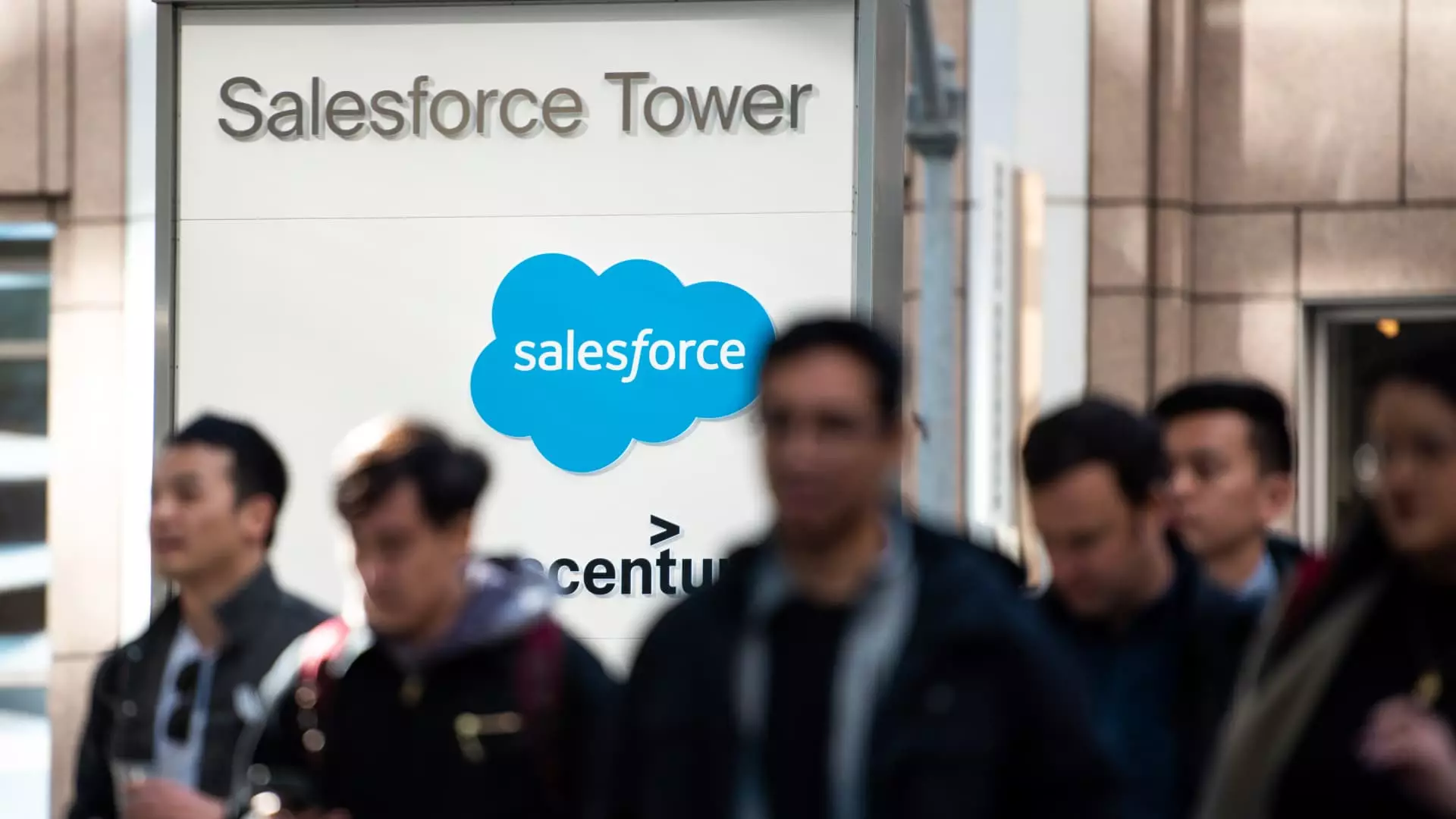San Francisco’s real estate market has been facing significant challenges, with the vacancy rate for office space reaching a fresh record of 34.5% in the second quarter. This is a sharp increase from 33.9% in the first quarter, 28.1% a year ago, and a mere 5% before the pandemic. The average asking rent has also plummeted to $68.27 per square foot, the lowest since late 2015. This downward trend is a result of the struggles faced by the city in bringing people back to offices post-Covid and a slowdown in the tech market, resulting in mass job cuts across the industry.
The tech industry has been hit hard by the recent economic downturn, with more than 530,000 employees laid off since the beginning of 2022. Major tech giants such as Alphabet, Meta, Amazon, Tesla, Microsoft, and Salesforce have all been forced to downsize their workforce. This has had a ripple effect on the commercial real estate market in San Francisco, contributing to the soaring vacancy rates and declining rental prices.
While the broader real estate market in San Francisco is struggling, the rising popularity of generative AI has provided a glimmer of hope. Fast-growing startups in the AI space are making significant investments in office spaces in the city. Market leaders like OpenAI, with a private valuation exceeding $80 billion, have leased substantial office space in San Francisco. This trend indicates a positive outlook for the AI sector, with companies like OpenAI, Anthropic, and Scale AI expanding their footprint in the city.
One of the major trends in the San Francisco commercial real estate market is the shift towards hybrid work models. Tech companies, law offices, and consulting firms are looking to reduce their office footprint and adopt more flexible work arrangements. Companies are prioritizing quality office spaces in desirable locations, where employees can easily access amenities like restaurants and shops. This shift is driven by the need to accommodate hybrid work setups and attract employees back to the office.
Despite the positive signs of absorption improvements and stabilizing office job numbers in the second half of the year, there are challenges ahead for the San Francisco real estate market. The uncertainty surrounding the upcoming presidential election may further delay new leases and decision-making by tenants. The market is expected to see further declines in rental prices and an increase in vacancy rates. The city’s top employers, including Salesforce, Uber, Visa, and Wells Fargo, have started bringing employees back to the office, which may help alleviate some of the pressure on the market.
While artificial intelligence has played a significant role in revitalizing the San Francisco real estate market, it is not a silver bullet that can solve all of its challenges. The city will need to navigate through the current economic uncertainties and adapt to the changing landscape of work post-pandemic to ensure long-term sustainability in its real estate sector.

